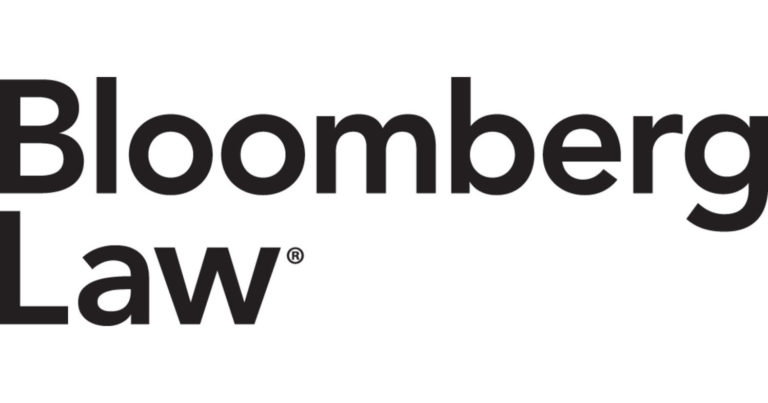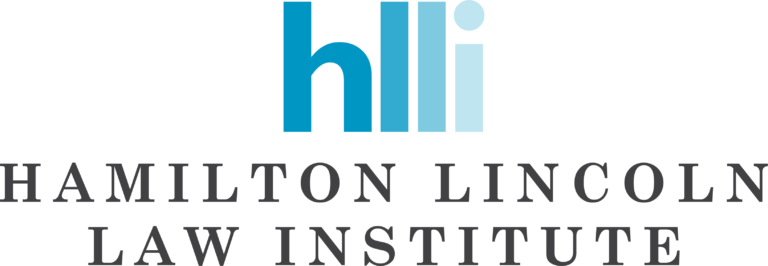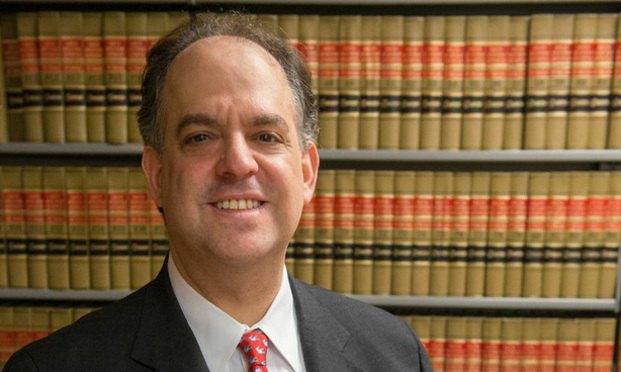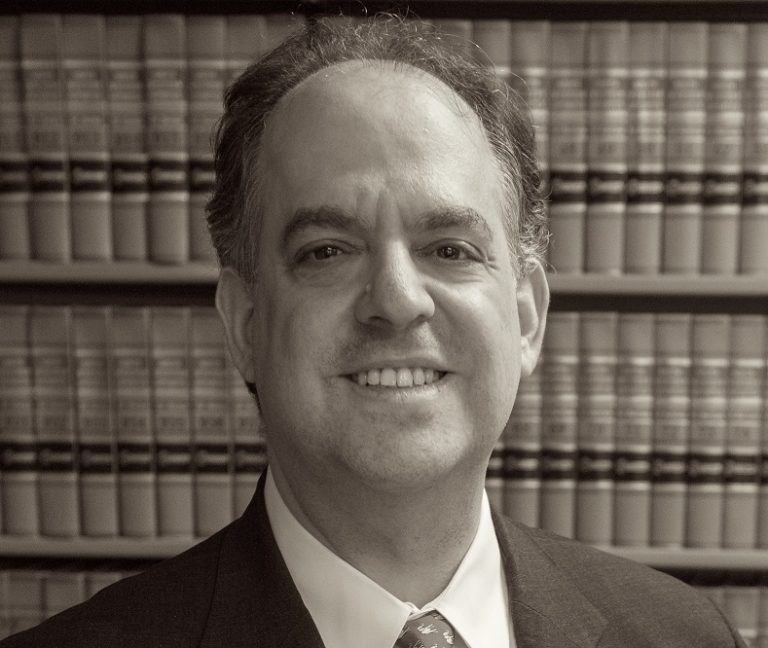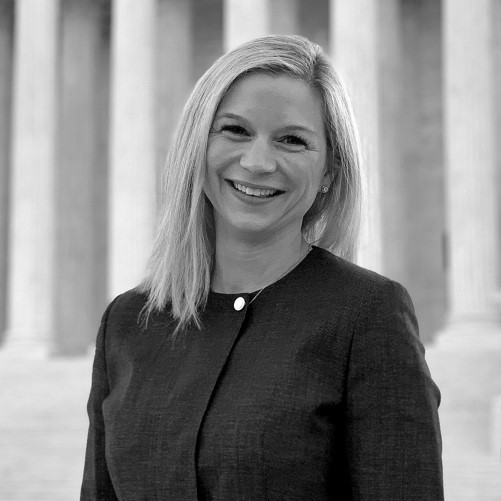Bloomberg: Chicken Case’s Attorney Fees Must Change, Seventh Circuit Finds
“We’re grateful for the opinion, and hope it will ultimately result in the class getting more money,” said Ted Frank, an attorney for Andren as well as the director of the Hamilton Lincoln Law Institute and the Center for Class Action Fairness.

